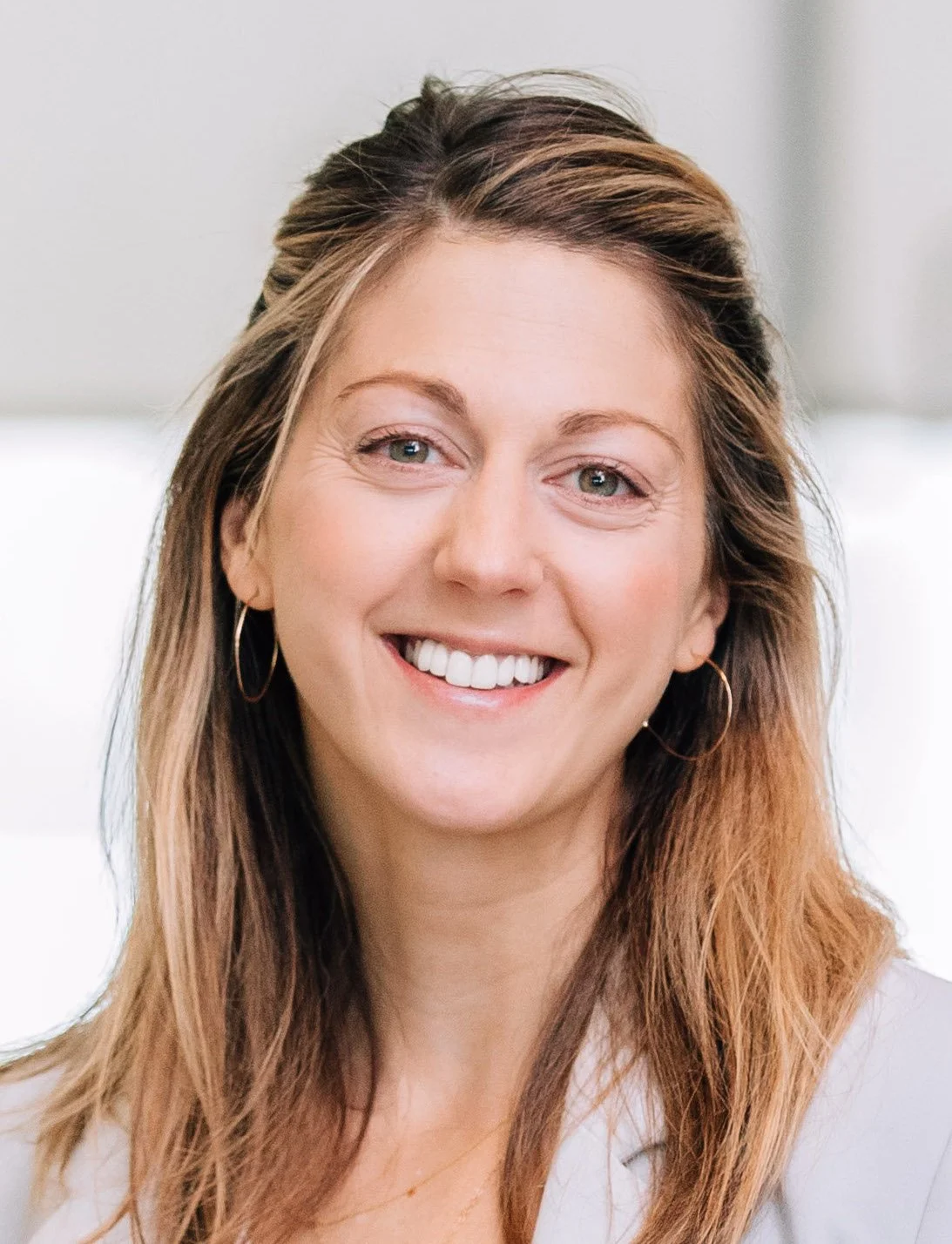A New Pooled Fund is Engaging Young Tech Founders Early in Their Careers
/amenic181/shutterstock
When we cover tech philanthropy here at IP, the stories are often about high-profile and well-established entrepreneurs who have millions of dollars to give to the causes they care about. But there’s a new philanthropic fund called Schox Philanthropy that’s getting young tech entrepreneurs interested in giving much earlier in their careers.
Based in San Francisco and currently focused on the Bay Area, Schox Philanthropy is the creation of Jeff and Kate Schox. It revolves around a unique model whereby new company founders commit 1 percent of equity to the fund and then, every time one of these donors scores with an “exit” event for their company, “we divide the cash equally across the founders, who will be able to make a donation in their name,” according to the website.
The Next Wave of Tech Philanthropy
This venture has emerged at a moment when there’s a lot of interest among young entrepreneurs in engaging in philanthropy, and bears some similarities to the Pledge 1% campaign, which launched in 2014 to get early-stage companies to pledge 1 percent of “equity, profit, product, and/or employee time for their communities.” Thousands of companies in scores of countries have now taken the pledge.
To learn more about what Schox Philanthropy is up to, and what it’s funding, we got in touch with the fund’s head of philanthropy, Mary Lemmer.
Lemmer is part of a five-person team leading Schox Philanthropy alongside founders Jeff and Kate Schox. Patent attorney Jeff is the founder of Schox Patent Group and Trucks Venture Capital, while Kate is a general partner of Trucks Venture Capital and the co-founder of Schox Investments. The couple launched Schox Philanthropy by inviting founders from the startups that they had personally backed to take the 1 percent pledge. The big idea here is to get budding entrepreneurs giving sooner and more often so they get into the habit of giving and build up their philanthropic muscles. While Schox Philanthropy is still very new, it donated $250,000 last year, and will be donating another $250,000 this year.
As it has embarked on its grantmaking, the fund has mainly focused on supporting early-stage nonprofits.
“Considering our members are from startup backgrounds, their interests tend to lie toward supporting startup nonprofits,” Lemmer told Inside Philanthropy. “There's a level of empathy there, and interest in supporting nonprofits that are starting off and have the ability to make a big social impact.”
However, the fund holds an open grant application process that invites all nonprofits to apply within the social impact themes it specifies. The first five donors to Schox were interested in criminal justice reform, education, and environmental sustainability, but more generally in supporting newer nonprofits with the potential for great impact.
Staying Local—So Far
The Schoxes live in San Francisco, and thus far, the new fund has focused its efforts on the Bay Area. However, this isn’t strictly a local philanthropy, because Schox is not limited to donating only close to home. This is where interests have overlapped with local nonprofits, but as the organization grows, its geographic reach may very well broaden, too.
Early-stage Bay Area nonprofits receiving Schox Philanthropy include Code Nation, the Last Mile, AnnieCannons, Fuse Corps, and CURYJ. All of these nonprofits have been around for less than 10 years. The first five grants were $50,000 each.
Creating a philanthropic fund like doesn’t come without challenges, Lemmer said. The initial challenge was just figuring out how to structure the fund.
“It's a new concept, so we had to figure out, with accountants and lawyers who had never heard of this model before, how to craft this in a way that met our goals and also aligned with the rules,” Lemmer said.
Another challenging issue with a fund like this is the simple fact that startup founders are very busy. Startup founders can get involved with Schox Philanthropy for as little as six hours per year, so this really isn’t an overly time-consuming endeavor. Regardless, even finding a few minutes to chat with startup founders about joining the philanthropic fund can be easier said than done.
“Since there is risk in startups, some of these founders are uncertain of the future value of their stock, so there can be a hesitancy to donate something that still has the risk of being valueless, or not meeting the expectations they and their investors have for the value,” Lemmer said.
What’s Next
But despite these challenges, Schox Philanthropy is moving forward and has some exciting plans in the works. This is an accessible philanthropic fund for new and lesser-known nonprofits, especially in the Bay Area, and definitely one worth keeping an eye on in the next couple years. Schox Philanthropy plans to open up its grant application cycle in September so that it can review proposals in October, make suggestions to members in November, and celebrate award recipients in December.
Local groups will likely be relieved to discover how quick and straightforward it is to complete the Schox grant application. This is a group of donors who understand what it means to be busy, and the application itself has fewer than 24 questions. Better yet, Schox awards grants without dictating how the money should be spent in order to allow nonprofits greater flexibility.
“Just like our investments in startups are not earmarked for specific purposes, we believe the nonprofit knows best where it needs to spend money,” Lemmer said. “In other words, we will fund operating expenses for nonprofits. We are aware that operating expenses are an important part of running any organization, nonprofit or for-profit, so we do not exclude nonprofits who are applying for operating capital.”
With a pass-through model that taps wealth from business leaders and an emphasis on providing general support, Schox Philanthropy has a lot in common with venture philanthropy funds. A key difference, though, is that Schox isn’t offering the kind of management assistance that groups like New Profit have made a hallmark of their approach.
Related:







































